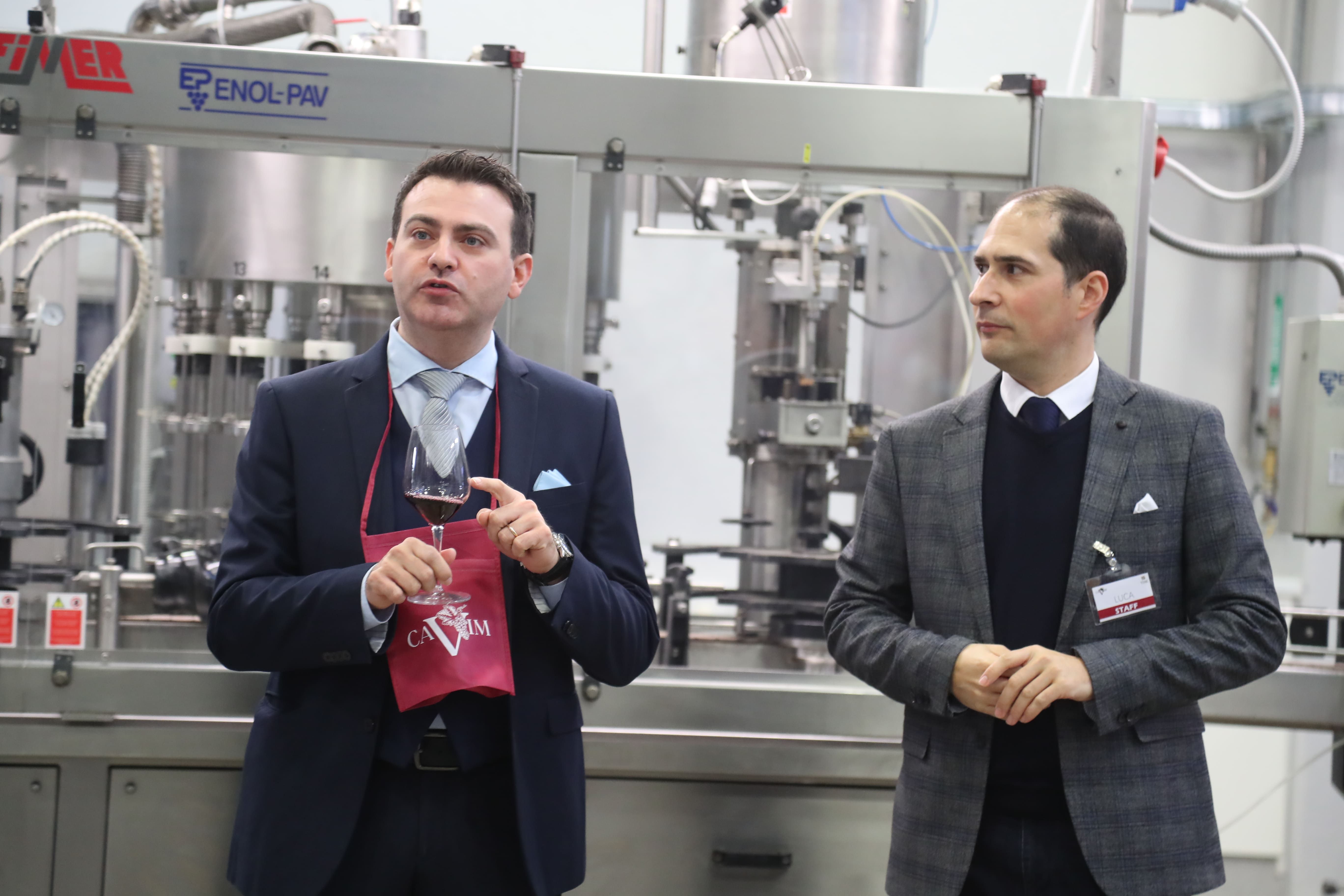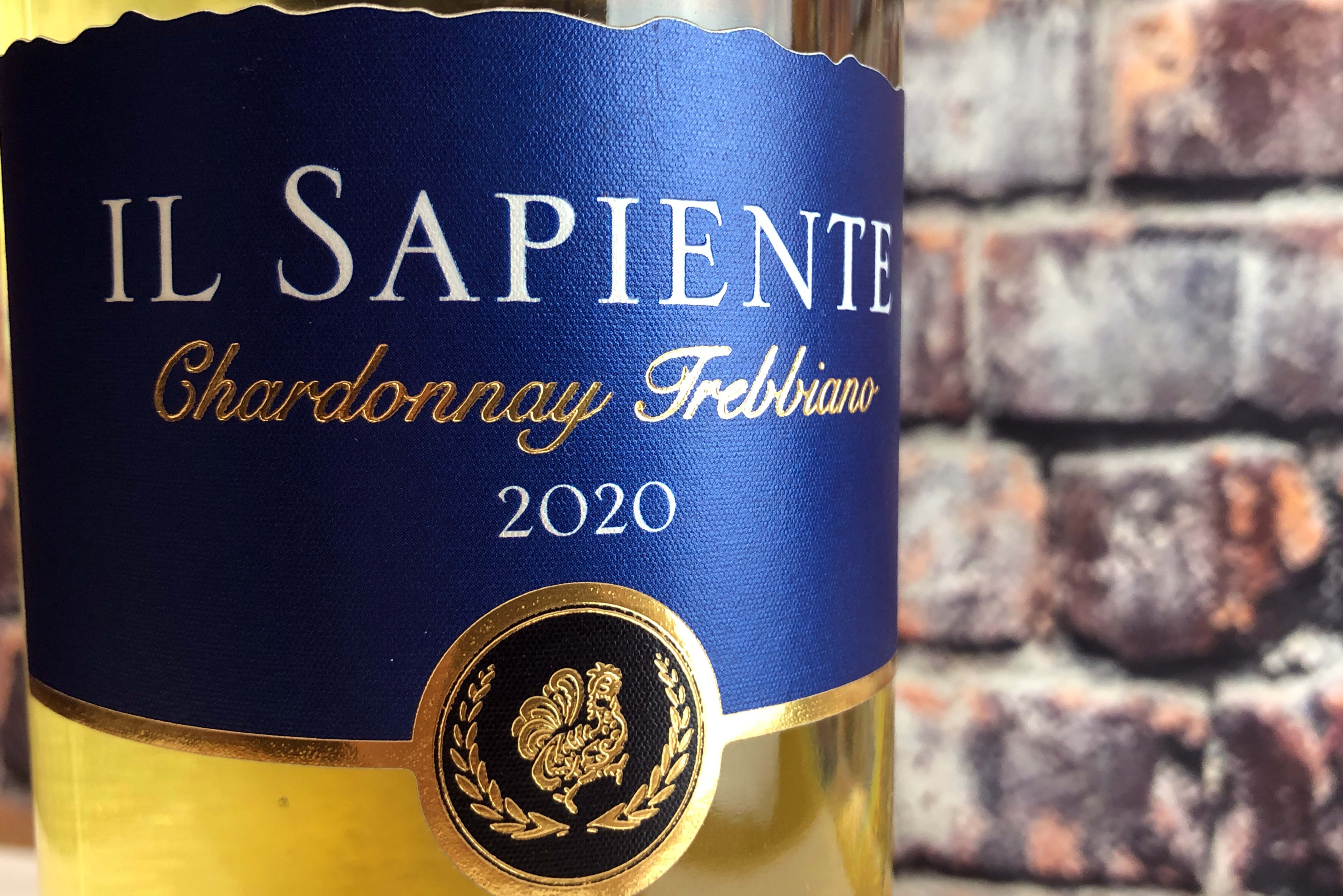What determines the SOFTNESS of the wine?

How many times have you heard this adjective used with regard to wine?
In the previous article we have discussed the fact that some components present in wine, for example the alcohol, may make us detect a certain ‘softness’ of the wine.
But to clarify the matter, we would like to underline that the softness of a wine is not a characteristic of flavor, dictated by our taste buds, but it is a tactile sensation of density, of roundness of the wine, which envelops the tongue and palate, linked to the characteristics of the vine, to the structure of the wine and the way it was vinified.
In what sense can the characteristics of the vine affect the softness of the wine produced?
Among the substances present during the fermentation of the grape is glycerine, a principle component of the polyalcohols. On its own glycerine does not have any aromatic qualities but thanks to its sweetish flavour and its viscosity and density it contributes to increasing the sense of fullness and softness in the mouth.
The specific characteristics of grapes are one of the important elements for determining the amount of glycerin produced during fermentation. For this reason vines such as Cabernet, Merlot and Chardonnay are known for the production of softer wines and for being used to "soften" and balance other types of wines which by nature are sharper and more astringent.
Featured
Follow us

Tenute D'Italia is a trade mark of Morini s.r.l.
VAT 00615541208 e 03367140377
Tel +39 0542 641194 - Imola (BO) Italy







